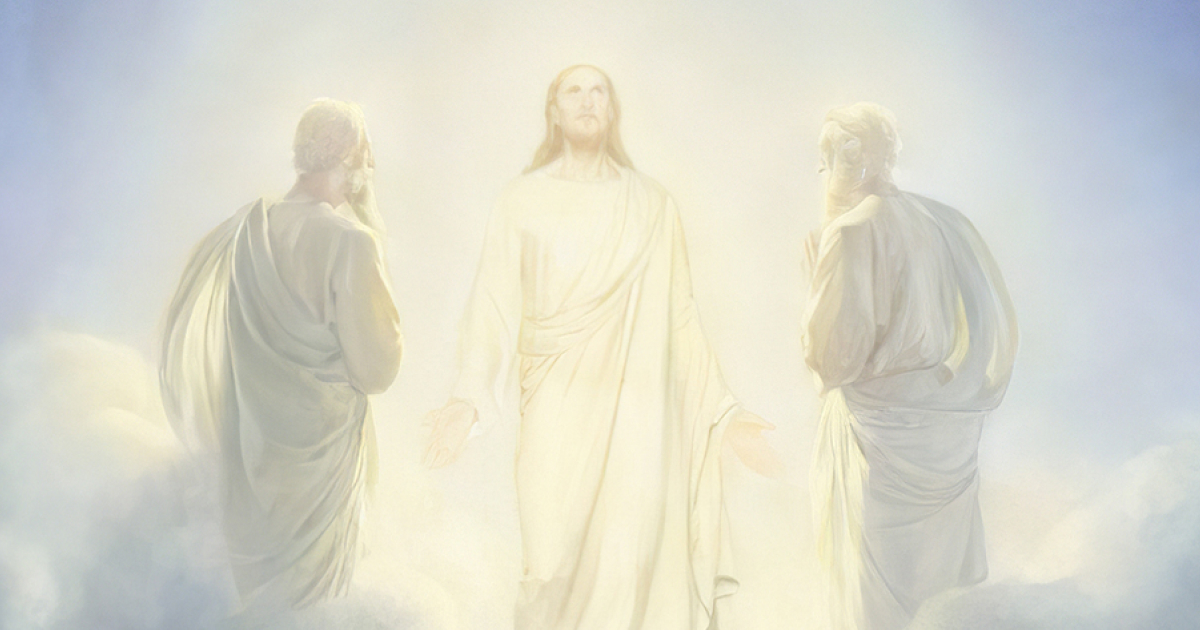Delaware’s only Catholic bishop is imploring people of faith to ask the state's governor to veto the “dangerous and immoral” legislation on his desk.
Gov. John Carney’s signature is the only thing needed to make Delaware the 11th state to legalise assisted suicide. HB 140 was sent to Carney’s desk for his signature after it narrowly passed the Delaware State Senate with an 11-10 vote. The Delaware State House passed the legislation in April with a 21-16 vote. It remains unclear if Carney, a Democrat who has previously opposed assisted suicide, will sign the legislation.
“We ask Delaware Catholics and all people of good will to contact Governor Carney and ask him to stand up for the elderly, sick and disabled, by vetoing this dangerous and immoral legislation,” Bishop William Koenig said in a statement on 26 June. “We ask all Christians and those of other faith traditions to join the Catholic community in prayer for our Governor, that he will not allow Delaware to be the latest state to allow government-sanctioned suicide.”
HB 140 mirrors other assisted suicide bills passed in other states. It would allow terminally ill people who have less than six months to live to request and self administer medication to end their lives, so long as two doctors certify that the patient is making an informed decision and acting voluntarily.
RELATED: Devastating toll to self-esteem that pro-choice sloganeers rarely discuss
Koenig said that the diocese has consistently opposed the legislation because of the religious belief that all life is sacred and should be protected from conception until natural death. However, he argues that all people of good will, not just religious, should stand against the legislation.
“All people of good will should recognise that this bill encourages the most vulnerable (the aged, the dependent, those with disabilities) and those who need our care the most to see themselves as merely a burden for their loved ones and unduly influence a decision to end their life,” Koenig said.
RELATED: Irish bishops warn ‘individual autonomy is not absolute’ as State tries to legalise assisted suicide
Koenig also noted that often those deemed to be in their last months of life are suffering from depression of a treatable disease, and assisted suicide “becomes a permanent solution to a temporary problem".
“In reality, this ‘solution’ is never acceptable; there is no justification to take an innocent life,” Koenig said. “Furthermore, it is a violation of a central principle in the medical profession that one is called to heal and preserve life and ‘do no harm’, and turns those who should care for society’s health into agents of death.”
Assisted suicide is legal in eleven jurisdictions – California, Colorado, Hawaii, Montana, Maine, New Jersey, New Mexico, Oregon, Vermont, Washington and Washington, D.C.
In addition to Delaware, at least five other states have assisted suicide legislation pending – Michigan, New York, Massachusetts, Pennsylvania and North Carolina.
Photo: Delaware Gov. John Carney speaks at the Major Joseph R. “Beau” Biden III National Guard/Reserve Center, New Castle, Delaware, 19 Jan. 2021. (Credit: Evan Vucci/AP, via Crux.)
Delaware’s only Catholic bishop is imploring people of faith to ask the state's governor to veto the “dangerous and immoral” legislation on his desk.<br><br>Gov. John Carney’s signature is the only thing needed to make Delaware the 11th state to legalise assisted suicide. HB 140 was sent to Carney’s desk for his signature after it narrowly passed the Delaware State Senate with an 11-10 vote. The Delaware State House passed the legislation in April with a 21-16 vote. It remains unclear if Carney, a Democrat who has previously opposed assisted suicide, will sign the legislation.
“We ask Delaware Catholics and all people of good will to contact Governor Carney and ask him to stand up for the elderly, sick and disabled, by vetoing this dangerous and immoral legislation,” Bishop William Koenig said in a statement on 26 June. “We ask all Christians and those of other faith traditions to join the Catholic community in prayer for our Governor, that he will not allow Delaware to be the latest state to allow government-sanctioned suicide.”
HB 140 mirrors other assisted suicide bills passed in other states. It would allow terminally ill people who have less than six months to live to request and self administer medication to end their lives, so long as two doctors certify that the patient is making an informed decision and acting voluntarily.<br><br><strong>RELATED: <a href="https://catholicherald.co.uk/devastating-toll-to-self-esteem-that-pro-choice-sloganeers-rarely-discuss/?swcfpc=1"><mark style="background-color:rgba(0, 0, 0, 0)" class="has-inline-color has-vivid-cyan-blue-color">Devastating toll to self-esteem that pro-choice sloganeers rarely discuss</mark></a></strong>
Koenig said that the diocese has consistently opposed the legislation because of the religious belief that all life is sacred and should be protected from conception until natural death. However, he argues that all people of good will, not just religious, should stand against the legislation.
“All people of good will should recognise that this bill encourages the most vulnerable (the aged, the dependent, those with disabilities) and those who need our care the most to see themselves as merely a burden for their loved ones and unduly influence a decision to end their life,” Koenig said.<br><br><strong>RELATED: <a href="https://catholicherald.co.uk/irish-bishops-totally-reject-proposal-to-legalise-assisted-suicide/?swcfpc=1"><mark style="background-color:rgba(0, 0, 0, 0)" class="has-inline-color has-vivid-cyan-blue-color">Irish bishops warn ‘individual autonomy is not absolute’ as State tries to legalise assisted suicide</mark></a></strong>
Koenig also noted that often those deemed to be in their last months of life are suffering from depression of a treatable disease, and assisted suicide “becomes a permanent solution to a temporary problem".
“In reality, this ‘solution’ is never acceptable; there is no justification to take an innocent life,” Koenig said. “Furthermore, it is a violation of a central principle in the medical profession that one is called to heal and preserve life and ‘do no harm’, and turns those who should care for society’s health into agents of death.”
Assisted suicide is legal in eleven jurisdictions – California, Colorado, Hawaii, Montana, Maine, New Jersey, New Mexico, Oregon, Vermont, Washington and Washington, D.C.
In addition to Delaware, at least five other states have assisted suicide legislation pending – Michigan, New York, Massachusetts, Pennsylvania and North Carolina.<br><br><em>Photo: Delaware Gov. John Carney speaks at the Major Joseph R. “Beau” Biden III National Guard/Reserve Center, New Castle, Delaware, 19 Jan. 2021. (Credit: Evan Vucci/AP, via Crux.)</em>


















